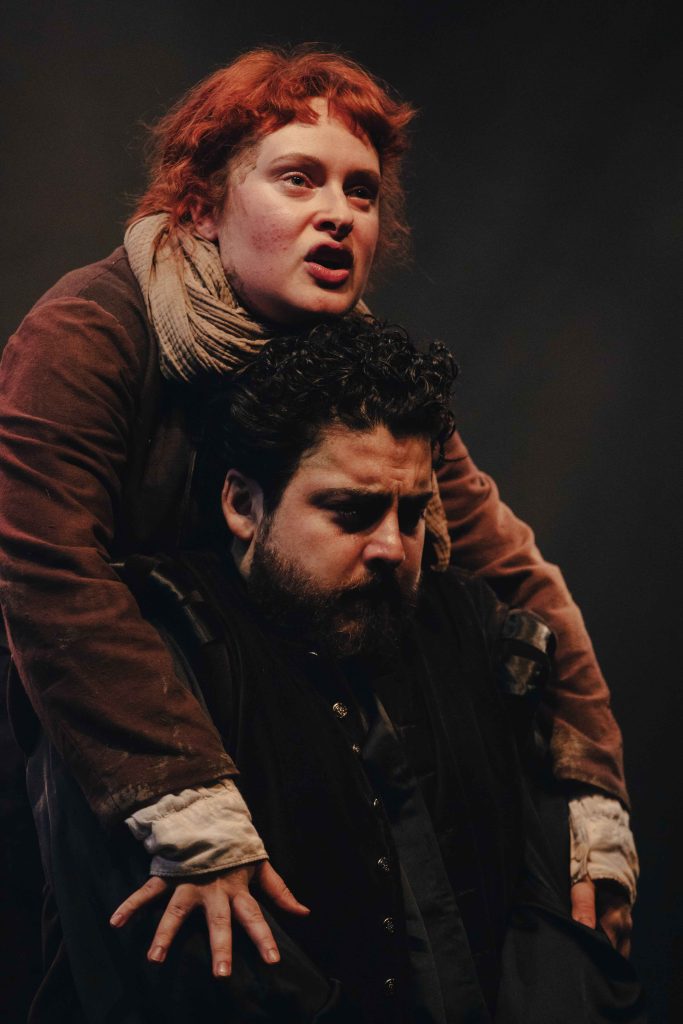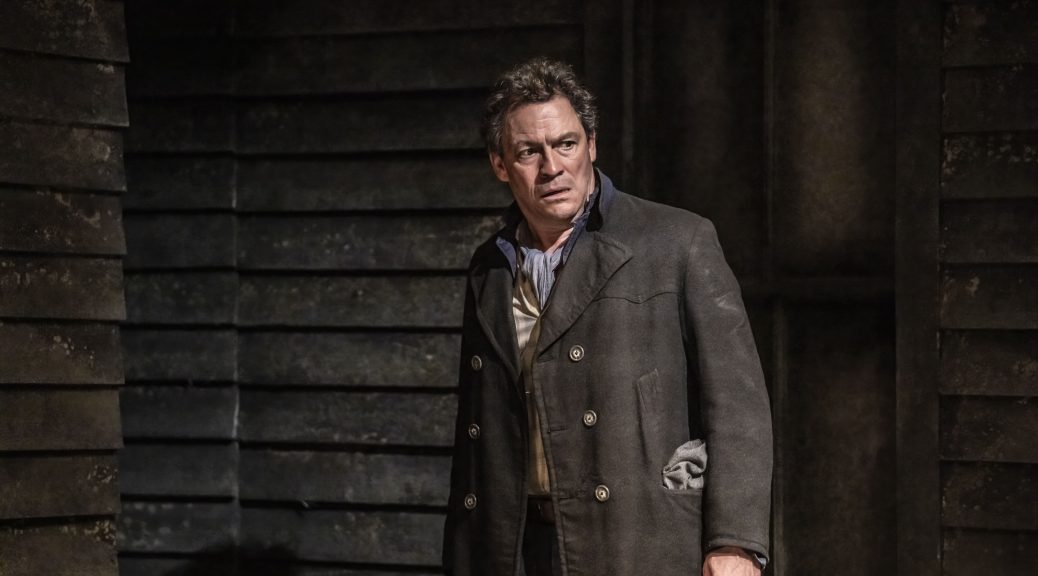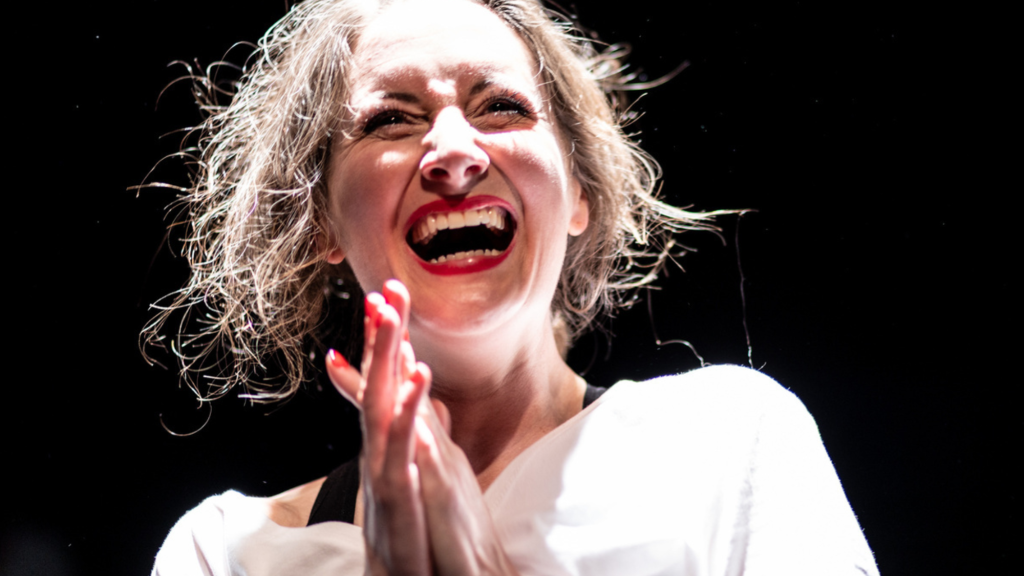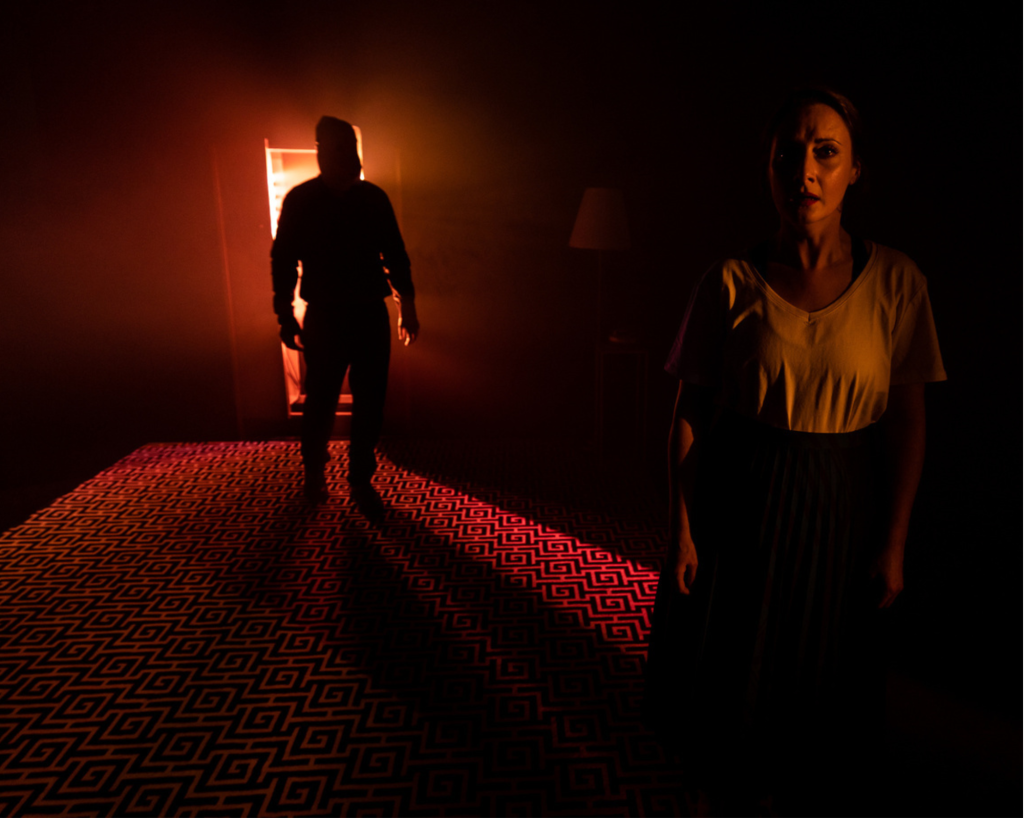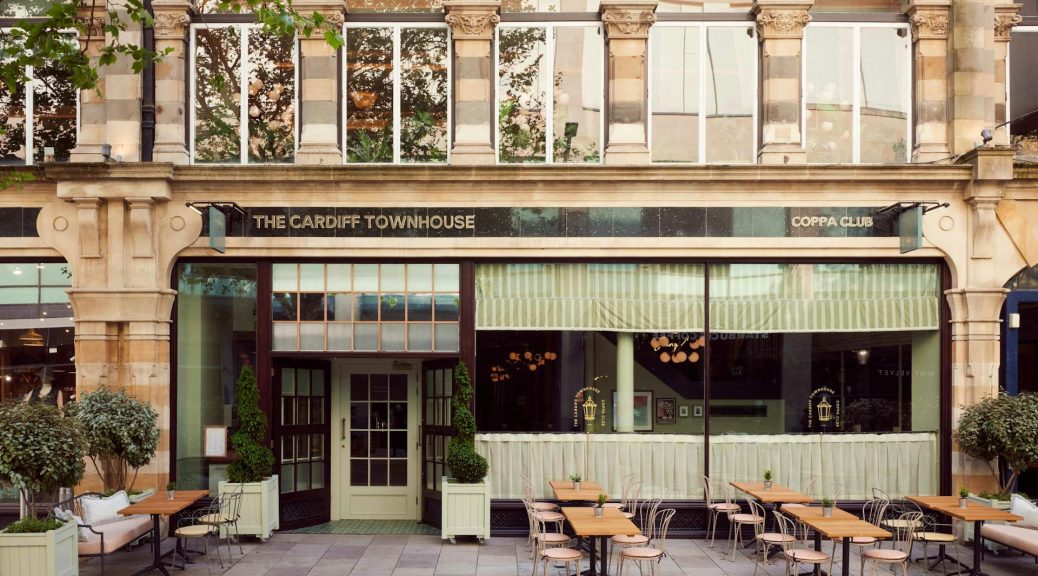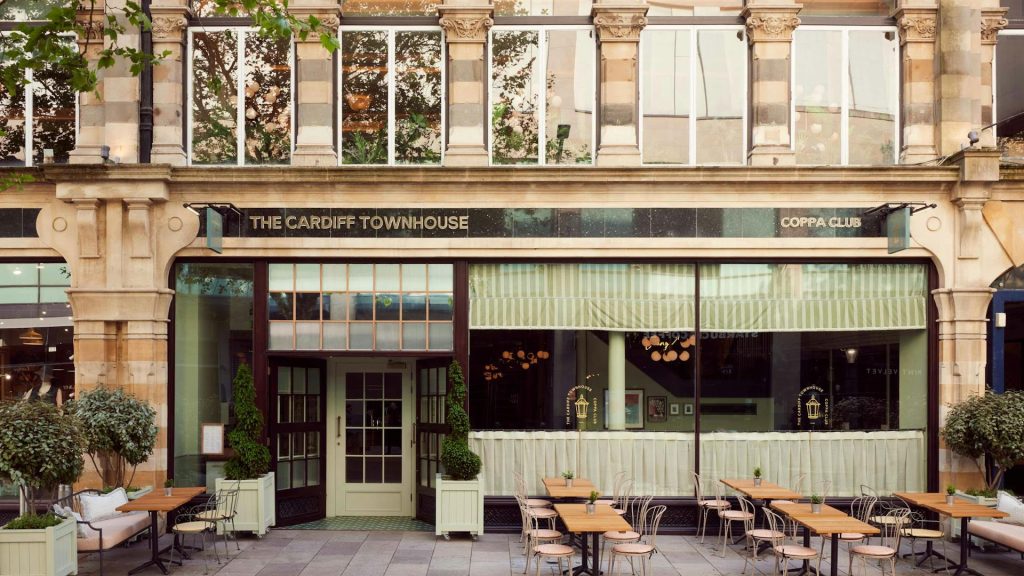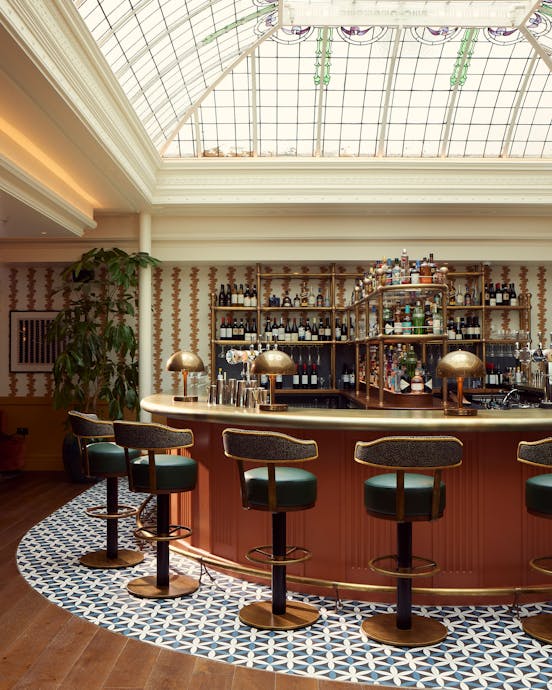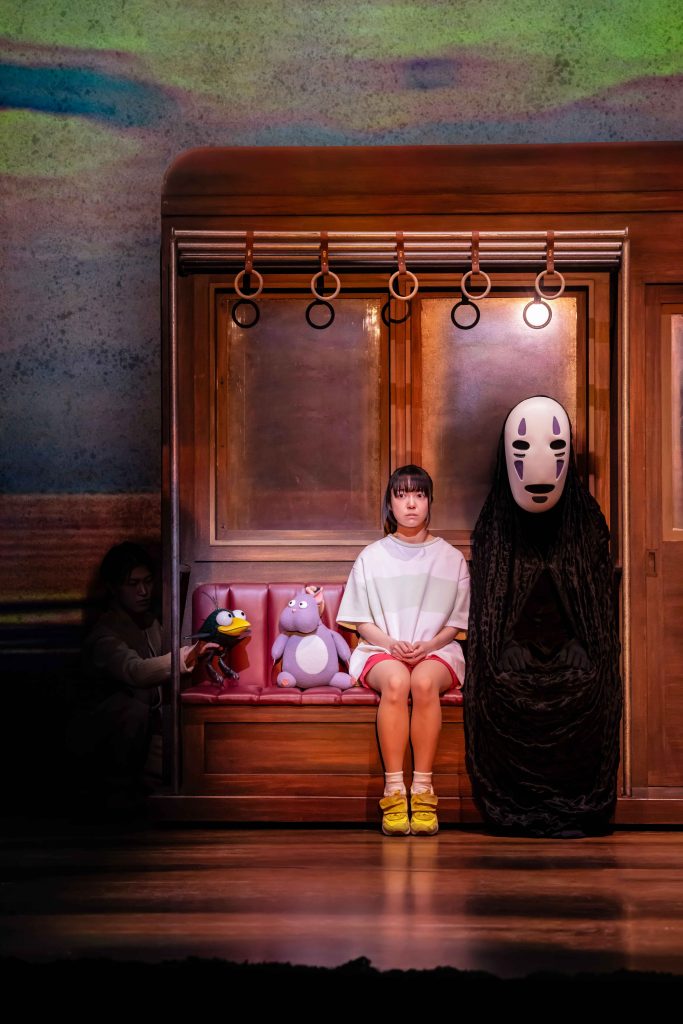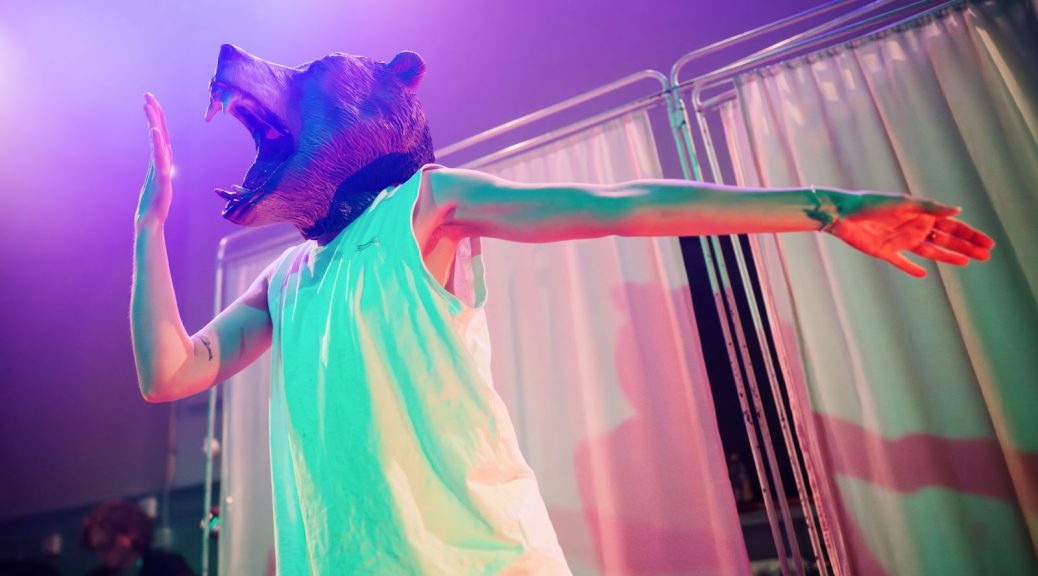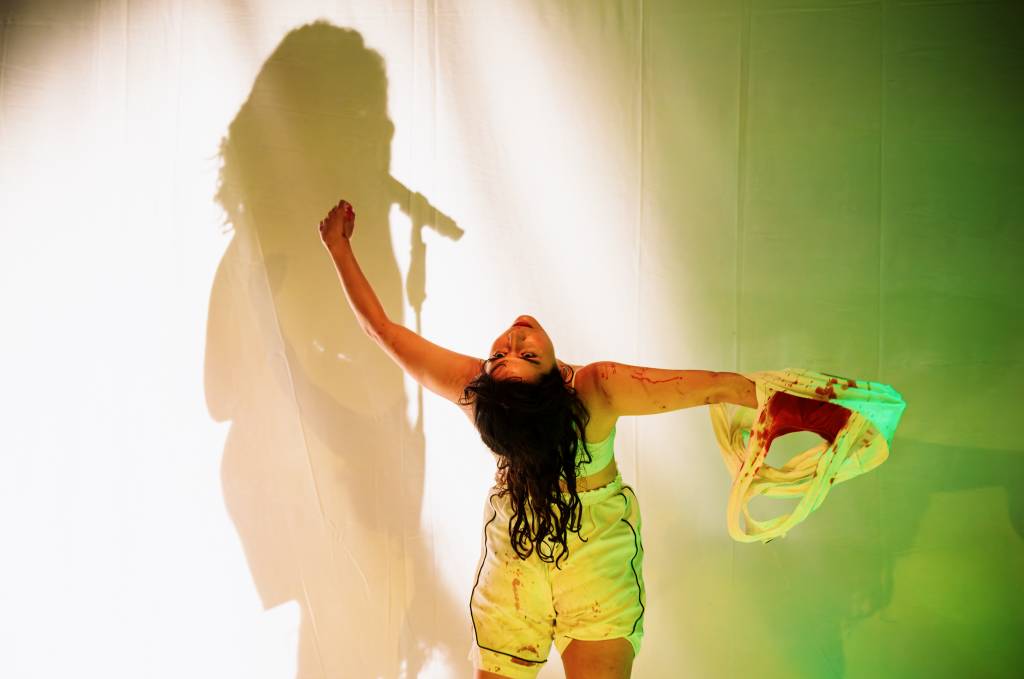 (3 / 5)
(3 / 5)
Combination of post punk revolution and ancient Chinese tradition and story telling, this mash together of what would seem like very different genres comes together in this small but atmospheric production.
The Dao of Unrepresentative British Chinese Experience looks at the racial politics around British Chinese people, what it means to have the contrasting cultures and embrace them both, but also when you’re “not Chinese enough”.
The story flicks back and forth between traditional, ancient stories to more modern situations. While it is understood why they do this (predominantly that it is one of the main focus of the story and title itself) it becomes slightly hard to distinguish. Perhaps there’s an element of my lack of knowledge and naivety in the culture and history, but I do feel that theatre should teach and give a sense of learning to those outside its realms and this only left me in want.
Characters swap between the performers and it becomes a little difficult to follow – are they different characters, or the same played by different performers? It’s never really that clear. Between this and the jump between time and sometimes space, the main ethos and point of the production gets a little lost.
It is indispersed with original punk rock music and this is fun, exciting, catchy and new and adds another theatrical element. But without being too clear on the narrative, it just feels like a helpful break. There is, what unusually and one i’ve never heard of, a 5 minute interval. Only enough to run out and hardly seems worth it, but the lack of time to decompress and try to understand the first half would have been helpful.
The performers themselves are fantastic – in whatever they do, from acting to playing an instrument, they are fully in the show and there is passion and realism in the hardship they portray. Not to mention their talent and fantastic composition of music which is definitely worth its own space to grow fans.
The Dao of Unrepresentative British Chinese Experience is certainly that – an experience. It has all the elements to be a fantastic piece of work but there is something lost in its narrative and therefore lacks in educating those of us who are not from that society.



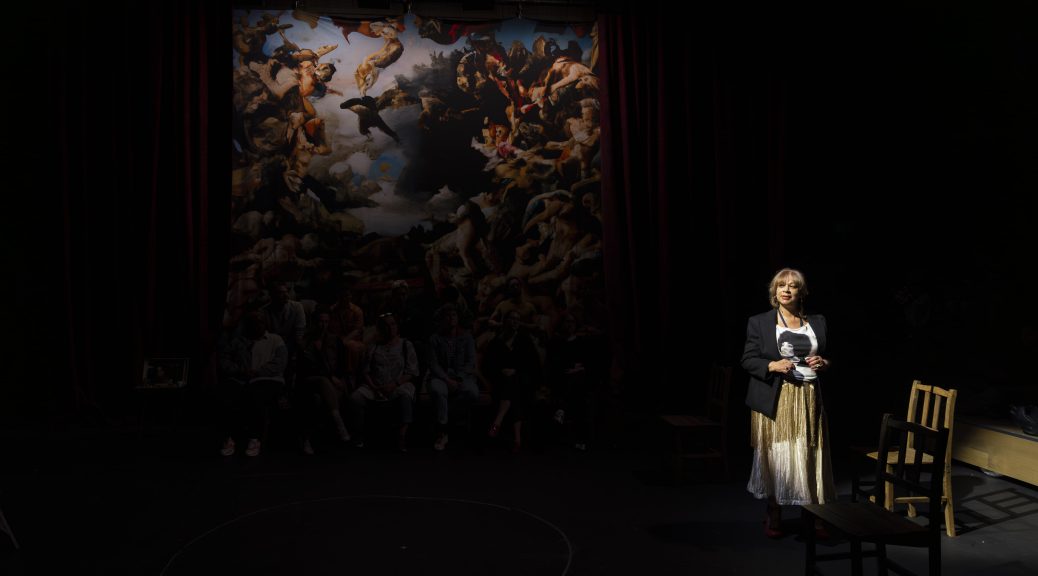
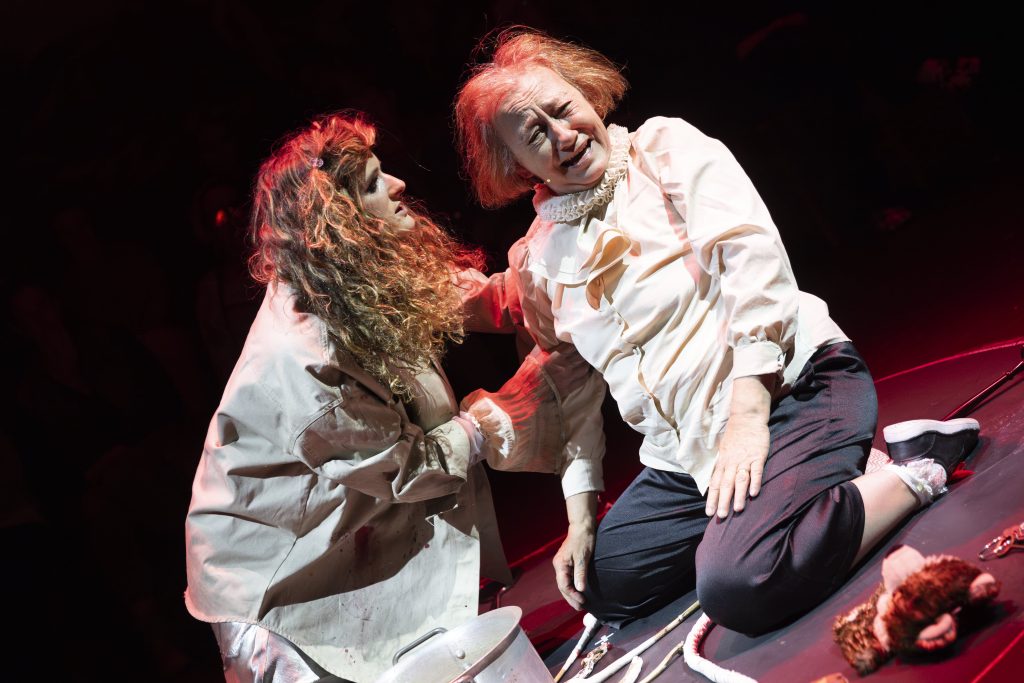
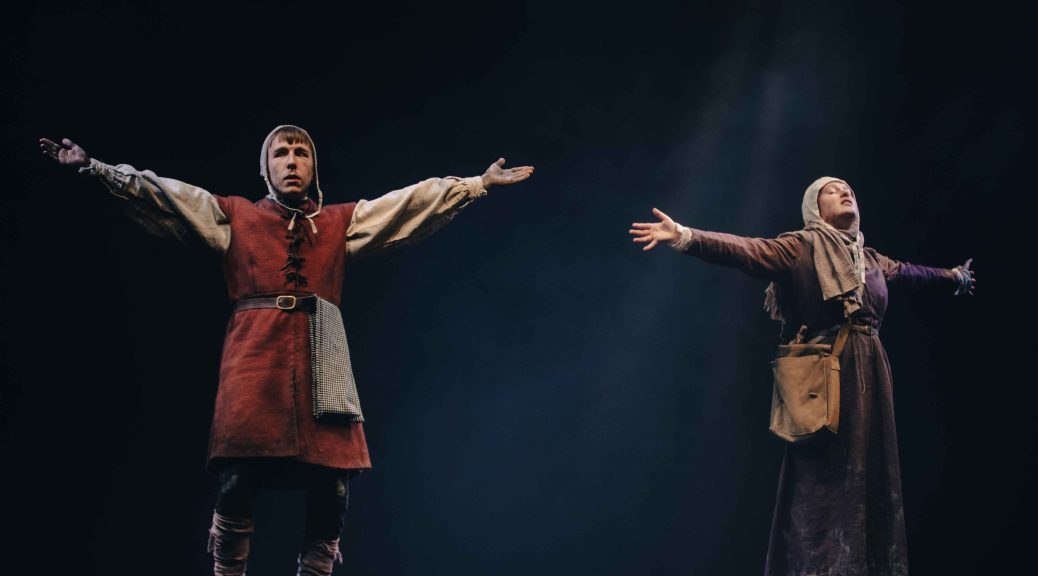
 (4 / 5)
(4 / 5)